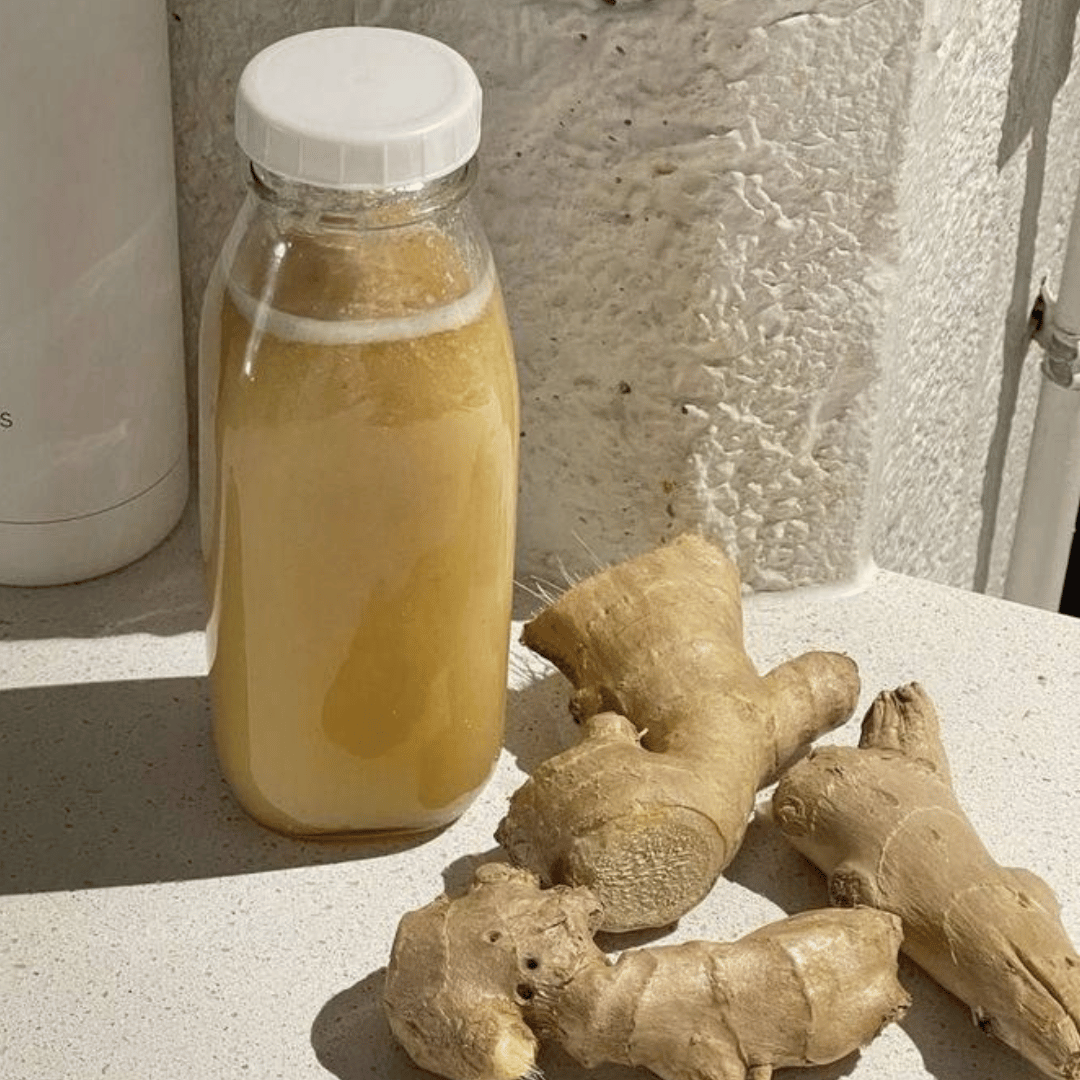Reading time: 2 minutes
Gastrointestinal complaints: what are the most common symptoms and causes?
Do you experience gastrointestinal complaints after eating, such as heartburn or stomach pain? Little energy? Do you have a flat stomach in the morning, but a mega bloated stomach in the evening? Difficulty concentrating or cotton wool in your head? You are not alone. These are all symptoms of stomach and intestinal complaints. Did you know that in 2019, more than a quarter of all Dutch people had complaints about the intestines and therefore digestion? In recent years, this has only increased!
No worries, in this blog we will take you through the complaints of the intestines and how to get rid of them.
Directly to:
How do I recognize gastrointestinal complaints?
Not everyone immediately recognizes the symptoms of gastrointestinal complaints. Some people continue to walk around with them for a long time because:
- Not recognizing symptoms
- It is taboo and not talked about
- We don't know what "normal" is
Of course, this is completely unnecessary. Because did you know that we (hopefully) flush a wealth of information every day? Yes, we are talking about your stool!
Tip 1: Recognize the symptoms of gastrointestinal complaints
To make it a bit easier for you, we have created an overview. This will help you map out when it is wise to sound the alarm:
- Do you regularly experience abdominal/stomach discomfort for more than 30 days?
- Do you experience abdominal/stomach pain more than once a month?
- Do you poop more than 3 times a day?
- Pooping less often than once every 2 days?
- Do you often have to wipe after pooping (to get clean)?
- Do you often have to strain to get your stool out?
- Is your stool not solid, is it soft and/or mushy?
-
Do you fart so badly that you are embarrassed about it? If so, can you link it to specific foods?
-
Do you fart so loudly that it sounds like fireworks? If so, can you link it to specific foods?
- Do you have a flat stomach in the morning, but a mega bloated stomach in the evening? Think about loosening your pants a few buttons.
- Do you regularly experience: heartburn, belching or nausea?
- Do you often see undigested remains in your stool? These are bits of food from one of your previous meals.
- Do you experience red blood in your stool or do you have deep dark, almost black stools?
- Do you regularly experience a strange color and it does not go away within a few days?
- Does your bowel movement pattern change after a holiday, a period of stress or when you have started eating differently, and has this not gone away within 2 months?
- Do you feel tired, listless or would you rather take a nap within an hour after eating?
If your answer to any of these questions is yes, then something is wrong in your intestines. See the following tips!
Note: This list is not complete. These are the most common - and most ignored - gastrointestinal complaints that people (continue to) walk around with.
Tip 2: Check your poop
To start with, we want to say to all Dutch people: look back more often and 'check your poop'! Why? Because you can see from your stool whether there is something wrong with your health.
Start by checking the above points. This is a good start and gives clear handles.
Tip 3: Eat enough fiber
When we read this, we were shocked: on average, Dutch people eat between 15 and 23 grams of fiber per day. This is really far too little, because we would like to eat at least 40 grams of fiber. That is simply double!
Most people limit themselves by only eating (vegetable) fibers with dinner. The golden tip: make sure you have enough fibers with your breakfast, lunch and dinner. That way you take good care of your intestines. Fibers are the food source for healthy intestinal bacteria. Think of: smoothies, soups, salads or hidden vegetables in your baking. Such as a sweet potato brownie or a banana bread with zucchini. Adding too much fiber too quickly can cause a bloated stomach. So build this up slowly!
What foods are high in fiber?
You can find them in organic fruit, (green leafy) vegetables (asparagus, broccoli), legumes, nuts, seeds and garlic. Extra tip: make sure you drink enough (filtered) water when you start eating more fiber.
Tip 4: Take Digestion Complex
The Digestion complex food supplement from Goldea Health contains a range of herbs and herbal extracts. These herbs and herbal extracts are good for digestion and for normal stomach function. The perfect support for gastrointestinal complaints and digestive complaints.
 Why Digestion Complex?
Why Digestion Complex?
- It supports healthy digestion and normal stomach function
- This supplement is pure and clean, without additives
- High quality
- They are vegetable capsules, so suitable for vegans
Digestion Complex is an enrichment to your daily routine and will support your stomach and intestinal function and alleviate your complaints.
Tip 5: Ask for advice
Almost everyone has a day when they have a rumbling stomach. It is important that if you often have problems with your stomach, intestines or digestion, you contact an expert. For example, ask for free advice. Our orthomolecular nutritionist, Cynthia, will contact you.
Will you break the taboo?
Conclusion
Recognizing the symptoms of gastrointestinal complaints in time and daring to talk about them or calling in the right help is crucial for happy intestines and good health. Look back more often, because your poop provides a wealth of information. You will have to investigate this yourself, because otherwise you will flush away a source of information every day. Eat more fiber, because this is the food source of your intestines and finally. Dare to talk and share, because honestly. Pooping is completely normal and we all do it! Why Digestion Complex?
Why Digestion Complex?



